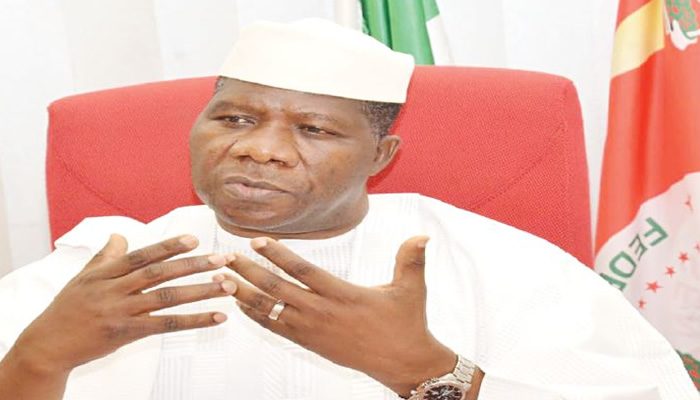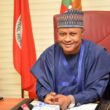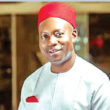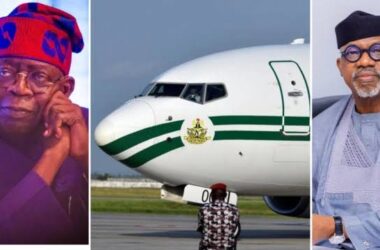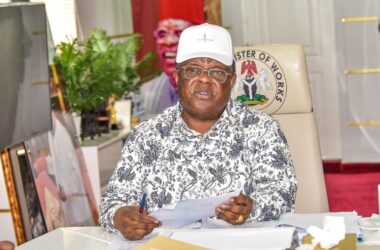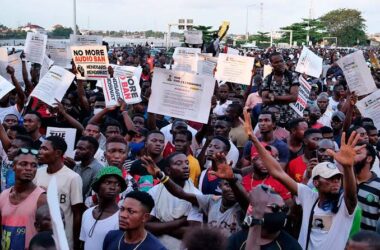The Senate Leader and representative of Ekiti Central, Senator Opeyemi Bamidele, has brought to light the lesser-known efforts of Nigeria’s Minister of Education, Dr. Tunji Alausa, during the country’s darkest days under military rule.
Speaking in Abuja at the inauguration of a federal university’s governing council and key officers, Bamidele recalled how Alausa, then a medical doctor abroad, quietly played a vital role in assisting members of the National Democratic Coalition (NADECO) as they fled persecution during the late General Sani Abacha’s regime.
Bamidele noted that between 1993 and 1999, when many prominent democracy activists were forced into hiding or exile, Alausa was already in the United Kingdom undergoing medical residency at Royal Bolton Hospital and the University of Newcastle.
Despite being far from home, Alausa remained deeply connected to the struggles in Nigeria, offering not just moral support, but medical help and financial assistance to those escaping Abacha’s crackdown.
According to Bamidele, several activists suffered severe injuries from physical assaults and police brutality while trying to evade arrest. Alausa, who was later based in the United States, offered free medical treatment to many of these exiled figures, some of whom included well-known names like Chief Anthony Enahoro, Prof. Wole Soyinka, Bola Tinubu, Chief Ayo Opadokun, and Olawale Oshun.
“The honourable minister was one of the few people we relied on for years while in exile,” Bamidele said. “He gave us hope, financial assistance, and vital medical care. Some beneficiaries are still alive today; others have passed on.”
Bamidele also revealed that Alausa declined offers from then-Governor Bola Tinubu to serve in Lagos State’s cabinet in 1999. According to him, Alausa made it clear he had no interest in political office at the time, as his efforts were not meant for personal gain.
“He didn’t do it for any reward,” Bamidele stressed. “He simply wanted to ensure that those fighting for Nigeria’s democracy received the care and dignity they deserved.”
The Senate Leader also credited Alausa with initiating several medical outreach programmes across the South-West following the return to democratic rule on May 29, 1999.
“When many of us returned home at the dawn of the Fourth Republic, Alausa didn’t just watch from abroad. He spearheaded free medical missions, distributed eyeglasses, and coordinated various surgical programmes across the South-West,” Bamidele said.
He revealed that Alausa mobilised doctors and health professionals from the diaspora, who spent weeks conducting free medical outreach programmes without charging the government for flights, accommodation, or services rendered.





